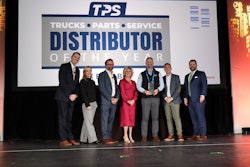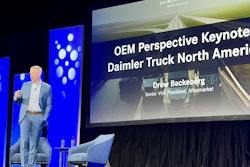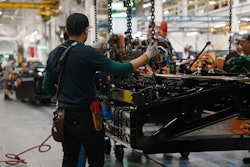It may have slipped under the radar with all of the other news coming out of Washington, D.C. these days, but the U.S. Supreme Court Monday announced an important decision that will impact the automotive service channel.
In the case of Encino Motorcars v. Navarro, the high court ruled 5-4 that service advisors at car dealerships are exempt from the Fair Labor Standards Act (FLSA), and thus are not required to be paid overtime for work performed in their role as required by the act.
The resolution, presented by Justice Clarence Thomas and supported by Chief Justice John Roberts and Justices Samuel Alito, Anthony Kennedy and Neil Gorsuch, rejected a prior contrary ruling by the U.S. Court of Appeals for the Ninth Circuit.
The crux of the court’s argument was found in its interpretation of the FLSA that exempts salesmen, partsmen and mechanics primarily engaged in selling or servicing automobiles, trucks or farm implements. The dissenting judges argued service advisors fall in a different group because they are not actively engaged in service work, to which Thomas responded, “True, service advisors do not spend most of their time physically repairing automobiles. But the statutory language is not so constrained.” He says partsmen “do not spend most of their time under the hood,” and that a salesman who is “primarily engaged in servicing automobiles is “an apt description of a service advisor.”
Additionally, Thomas notes “the phrase ‘primarily engaged in … servicing automobiles’ must include some individuals who do not physically repair automobiles themselves but who are integrally involved in the servicing process.”
Though the court’s decision focused exclusively on the automotive industry, Thomas also notes the importance of how all courts should view FLSA and its exemptions moving forward. He says five justices unequivocally reject the narrow-construction principle used by the Ninth Court in its prior ruling, stating it relies on a flawed premise that the FLSA “pursues its remedial purpose at all costs,” adding FLSA’s exemptions are “as much a part of the FLSA’s purpose as the overtime-pay requirement.”
To read Thomas’ decision, please CLICK HERE.











